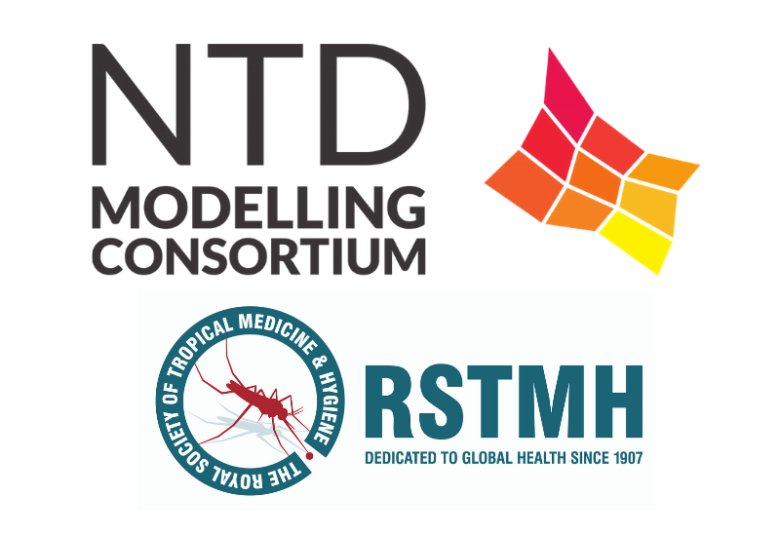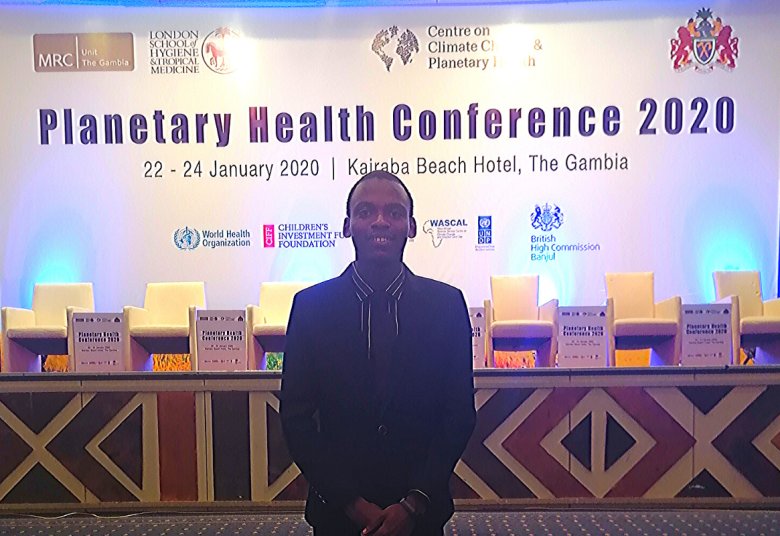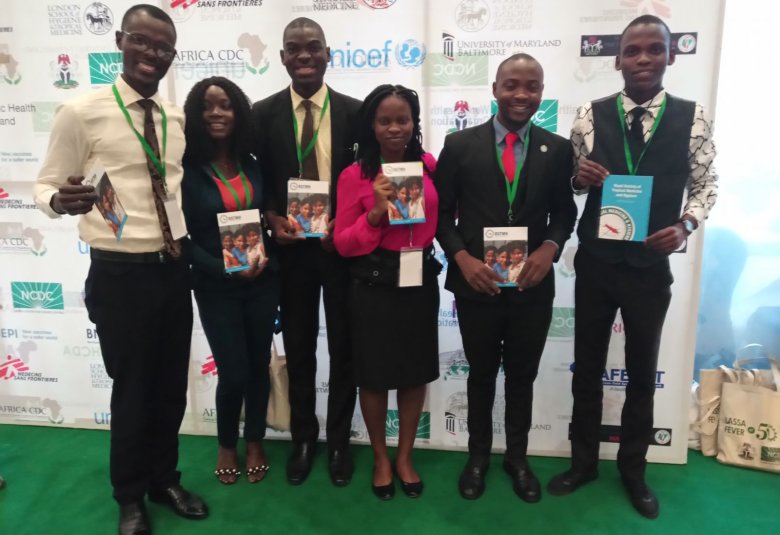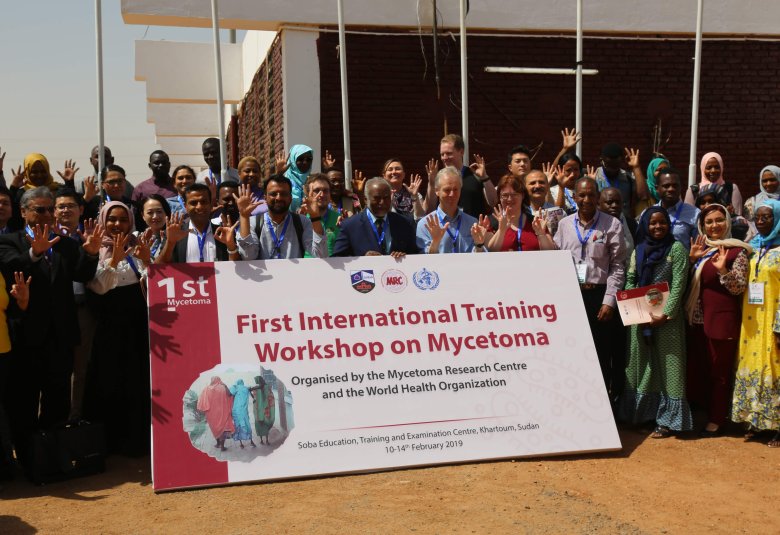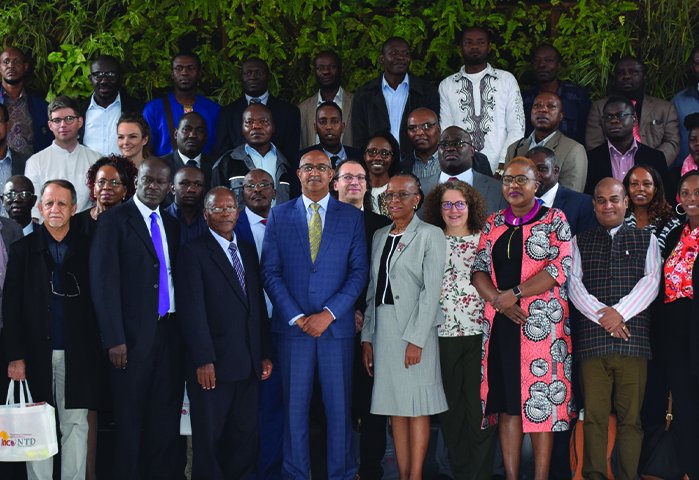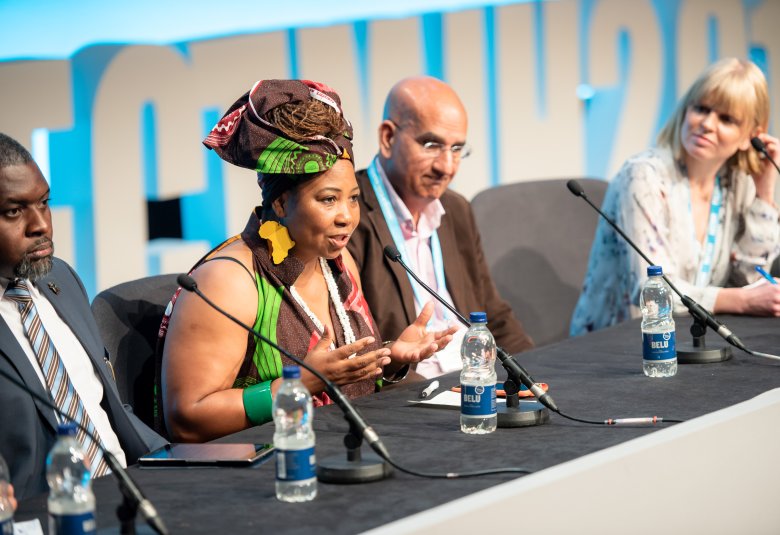Get involved in Medecins Sans Frontieres’ Scientific Days

The impact of climate change on global health, the use of epidemiological data to raise awareness about the Rohingya crisis in Myanmar and powering oxygen generators with solar energy are among topics that will feature during the MSF Scientific Days, which are taking place in London on 24 and 25 May.
The organisation is keen to make its humanitarian research accessible to the global healthcare community.
MSF carries out research to raise the quality of its humanitarian programmes worldwide. Sharing the findings with the wider research community fosters a dialogue inherently valuable to all research.
The event will be held at the Royal Society of Medicine in London. Find out more on the MSF website.
In addition to two Scientific Days in London, there are MSF Scientific Days: South Asia taking place in New Delhi on the 16 June. A third event, MSF Southern Africa will be taking place in Swaziland on the 6 July.
Global event
Space is limited, but MSF invites and encourages members from across the global health community to host satellite events based on the MSF Scientific Days Programme wherever they are, to make it a truly global event.
Participating institutions and organisations can create a satellite symposium of sorts around the MSF Scientific Days Programme. This can be achieved by streaming the presentations all day or by tuning in for a selection of presentations, inviting a local speaker or staging a debate.
Keynote speakers at the London event include Nelly Mugo, Head of Sexual Reproductive Adolescent Child Health at the Kenya Medical Research Institute (KEMRI). Dr Mugo’s current work is focused on scale-up and rollout of HIV pre-exposure prophylaxis or PrEP.
Research conducted by Dr Mugo helped build the research evidence-base that established the value of administering anti-HIV medications to keep HIV negative people from becoming infected.
Link between climate change and health
The second keynote speaker on 24 May, the Research Day, is Adil Najam, the Inaugural Dean of Frederick S. Pardee School of Global Studies at Boston University. He will be speaking about how climate change exacerbates the health issues impacting the world’s most vulnerable populations.
Kicking off the Innovation Day (25 May) is author and researcher, Ben Ramalingam, Leader of the Digital & Technology Cluster at Institute of Development Studies.
Groups are invited to view the keynotes, presentations and debates via a livestream, which will be made available on 25 May at 9:00 GMT via a link provided prior to the conference.
Anyone tuning in can also ask questions and make comments using Twitter or the Slido app – a platform designed to promote digital conference engagement.
Access the livestream and get involved wherever you are
Other London programme highlights include the implementation of HIV self-testing in rural Shiselweni, Swaziland, development of a lean chemical weapons decontamination kit, a mobile phone app device that enables point-of-care ultrasound diagnosis and a game-changing treatment regimen for visceral leishmaniasis.
RSTMH is proud to be supporting MSF's Scientific Days for a fourth year.
With a link to access the livestream, groups can project the Scientific Day presentations in a conference room, classroom or auditorium, or to simply watch the presentations on a computer.
More information including the complete conference programme for the London event can be found on the MSF website.
If you have any questions about hosting an event, contact barbara [dot] nasto [at] london [dot] msf [dot] org.

